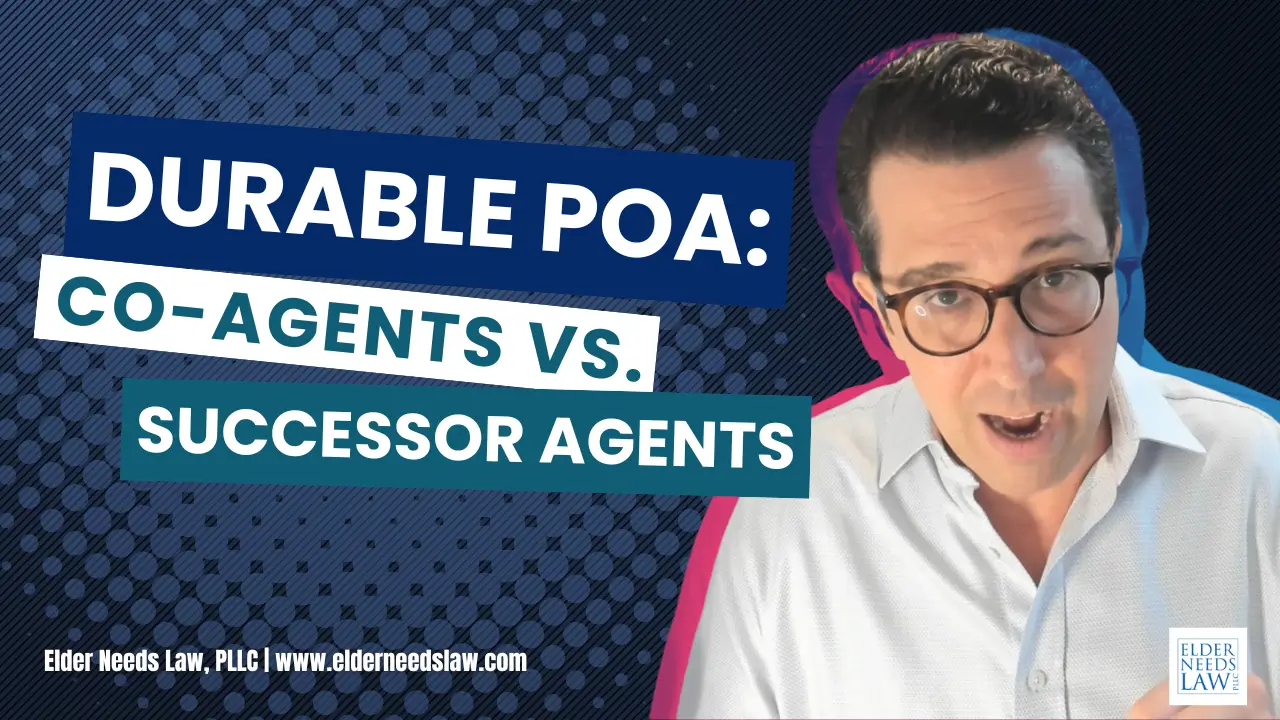Can a Trust Actually Protect Your Assets From a Lawsuit?

When it comes to safeguarding your hard-earned assets, it's crucial to have a solid plan in place. As a Florida estate planning attorney, one of the most common questions we hear is, "Does a trust protect your assets from a lawsuit?"
The answer, like many aspects of the law, is: it depends. The level of protection a trust provides depends on factors such as the type of trust, how it's structured, and the specific circumstances surrounding the lawsuit.
In this article, we'll explore trusts and asset protection, exploring how these legal tools can help shield your wealth from potential lawsuits and creditors.
Trusts and Asset Protection
A trust is a legal arrangement in which a trustee holds and manages assets for the benefit of one or more beneficiaries. There are two main types of trusts: revocable and irrevocable. The primary difference between the two lies in the level of control and protection they offer.
Trusts can help shield assets from lawsuits and creditors in two key ways:
- Separating ownership and control of assets: When you transfer assets into a trust, you're effectively separating the ownership and control of those assets. This can create a legal barrier between your assets and potential creditors.
- Creditor protection provisions: Depending on the type of trust and how it's drafted, the trust document itself may include language that specifically protects the assets from creditors' claims.
Do Living Trusts Provide Asset Protection?
A living trust, also known as a revocable trust, is a popular estate planning tool that allows you to manage your assets during your lifetime and pass them on to your beneficiaries after your death. While living trusts offer numerous benefits, such as avoiding probate and maintaining privacy, they have limitations when it comes to asset protection.
Since the assets in a living trust remain accessible to the settlor (the person who creates the trust), can be revoked at any time, and the settler is also the beneficiary of their own revocable living trust, they are still considered the settler’s assets. This means that creditors will be able to access these assets in the event of a lawsuit.
In short: revocable trusts do not provide asset protection to the creator (settlor or grantor) of that type of trust.
However, there are situations where a living trust may provide some protection:
- Avoiding probate: By keeping your assets out of probate, a living trust can make it more difficult for creditors to discover and pursue those assets.
- Protecting assets from incapacitation: If you become incapacitated, a living trust can ensure that your assets are managed according to your wishes, potentially shielding them from exploitation.
- Revocable Trusts, depending on how they are drafted, can provide asset protection for those who are to inherit after the settlor passes away (e.g. usually children). After the settlor passes away, a Revocable Trust becomes Irrevocable.
Irrevocable Trusts Are A Stronger Shield Against Lawsuits
For those seeking a higher level of asset protection, irrevocable trusts may be the answer. As the name suggests, an irrevocable trust cannot be changed or revoked once it's established. When you transfer assets into an irrevocable trust, you relinquish control and ownership of those assets, which can provide a significant barrier against lawsuits.
Because the assets in an irrevocable trust no longer belong to the settlor, creditors generally cannot access them. There are some exceptions to this rule, which we'll discuss later.
Three common types of irrevocable trusts used for asset protection are:
- Domestic Asset Protection Trusts (DAPTs): Allowed in 17 states, DAPTs enable the settlor to be a beneficiary of the trust while still providing protection from creditors. However, this option is not available for Florida residents.
- Offshore Trusts: These trusts are established in foreign jurisdictions with favorable asset protection laws, making it even more challenging for creditors to reach the assets.
- Medicaid Asset Protection Trusts (MAPTs): This provides asset protection in a long-term care context (with the side benefit of creditor protection). This is the type of asset protection that our office focuses on.
We will work with you to create a comprehensive asset protection plan tailored to your specific goals and needs, and can bring in tax specialists and international law specialists for high-net worth individuals and those interested in off-shore trusts.
Limitations and Considerations for Trust Asset Protection
While trusts can be powerful tools for asset protection, it's essential to understand their limitations and potential drawbacks.
- Fraudulent Transfer Laws: If a court determines that assets were transferred into a trust with the intent to defraud creditors, the transfer may be voided, and the assets could be subject to creditors' claims (see Florida's Uniform Fraudulent Transfer Act, FL Stat § 726.105).
- Statute of Limitations: Florida has a four-year statute of limitations for fraudulent transfers (FL Stat § 726.110). This means that creditors have four years from the date of the transfer or one year from when the transfer was or could reasonably have been discovered to challenge the transfer.
- Exceptions for Certain Debts: Certain types of debts, such as child support, alimony, and taxes, may still be collectible from trust assets.
- Costs and Complexity: Establishing and maintaining a trust can be costly and complex, requiring the assistance of experienced legal and financial professionals.
- Trust Drafting and Administration: For a trust to provide effective asset protection, it must be properly drafted and administered. A poorly designed or managed trust may not withstand legal scrutiny.
In addition to the asset protection considerations, there are legal and tax implications of establishing a trust. Depending on the type of trust and how it's funded, there may be transfer taxes (gift and estate) and income tax consequences. Trusts also have various reporting requirements and compliance obligations that must be met.
Consult our attorneys to ensure you understand the full scope of these implications and to develop a trust strategy that minimizes your tax liabilities while maintaining compliance with all relevant laws and regulations.
Alternatives and Complementary Asset Protection Strategies
While trusts can be effective tools for asset protection, they are not the only option. Other strategies to consider include:
- Liability Insurance: Umbrella policies can provide an additional layer of protection against lawsuits.
- Business Entities: Forming and properly maintaining a limited liability company (LLC) or corporation can help separate your personal assets from your business assets.
- Homestead Exemptions: Florida's homestead exemption can protect your primary residence from creditors' claims up to certain limits.
- Tenancy by the Entirety: For married couples, holding property as tenants by the entirety can offer additional protection from creditors.
- Retirement Accounts: Assets held in qualified retirement accounts, such as 401(k)s and IRAs, may be protected from creditors under federal law.
Asset protection and trust law can be confusing, but luckily you don’t have to try to tackle it alone. Working with an experienced estate planning attorney is the key to ensuring your assets are properly protected. At Elder Needs Law, our skilled team is here to help you every step of the way.
We take the time to understand your goals, crafting a personalized asset protection plan that fits your needs like a glove. With our professional legal guidance, you can rest assured that your assets are safeguarded and your estate plan is rock-solid. Our attorneys are always up-to-date on the latest Florida trust and asset protection laws, so you can trust that we're providing you with the most effective strategies to protect your hard-earned wealth.
Protect Your Assets with the Right Trust
Trusts can be incredibly effective at safeguarding your assets from lawsuits, but not all trusts are created equal. The level of protection your trust provides depends on the type of trust you choose, how it's written, and your individual circumstances.
While living trusts offer important benefits, irrevocable trusts typically provide a more robust shield against creditors' claims. At Elder Needs Law, we're here to guide you through asset protection. Our team is dedicated to providing you with personalized, compassionate advice to help you protect your hard-earned assets and secure a stable future for yourself and your loved ones.
Don't wait until it's too late to protect your assets. Contact Elder Needs Law today to schedule a consultation and take the first step toward creating a comprehensive asset protection plan.
.png)






